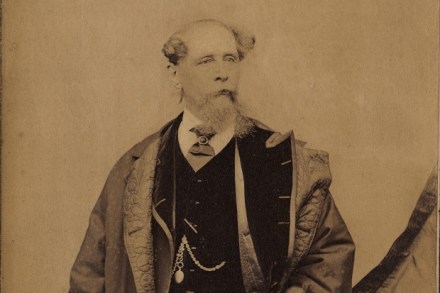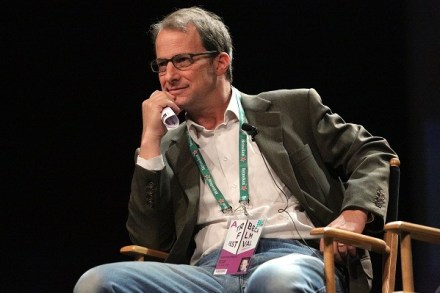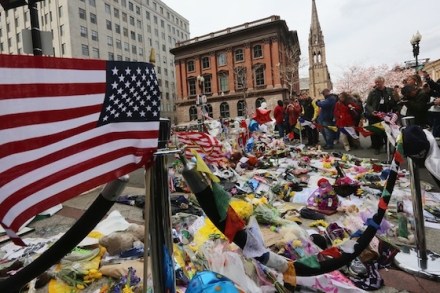‘A banishment’ – Gloria Deak describes the visits of celebrated Victorians to America
No, they decidedly did not like us — this is true at least for the majority of the nineteenth-century British travelers to the New World. They came out of a sense of wonder, somewhat akin to the reaction of Thomas More who declared in his sixteenth-century Utopia that ‘nowadays countries are always being discovered that were never in the old geography books.’ Over the next few centuries, perhaps no emerging country west of the Atlantic would excite as much curiosity as the vast expanse of territory that would become known as the United States. It soon became manifest that, in expanding her geographical borders, the United States had staked out
















